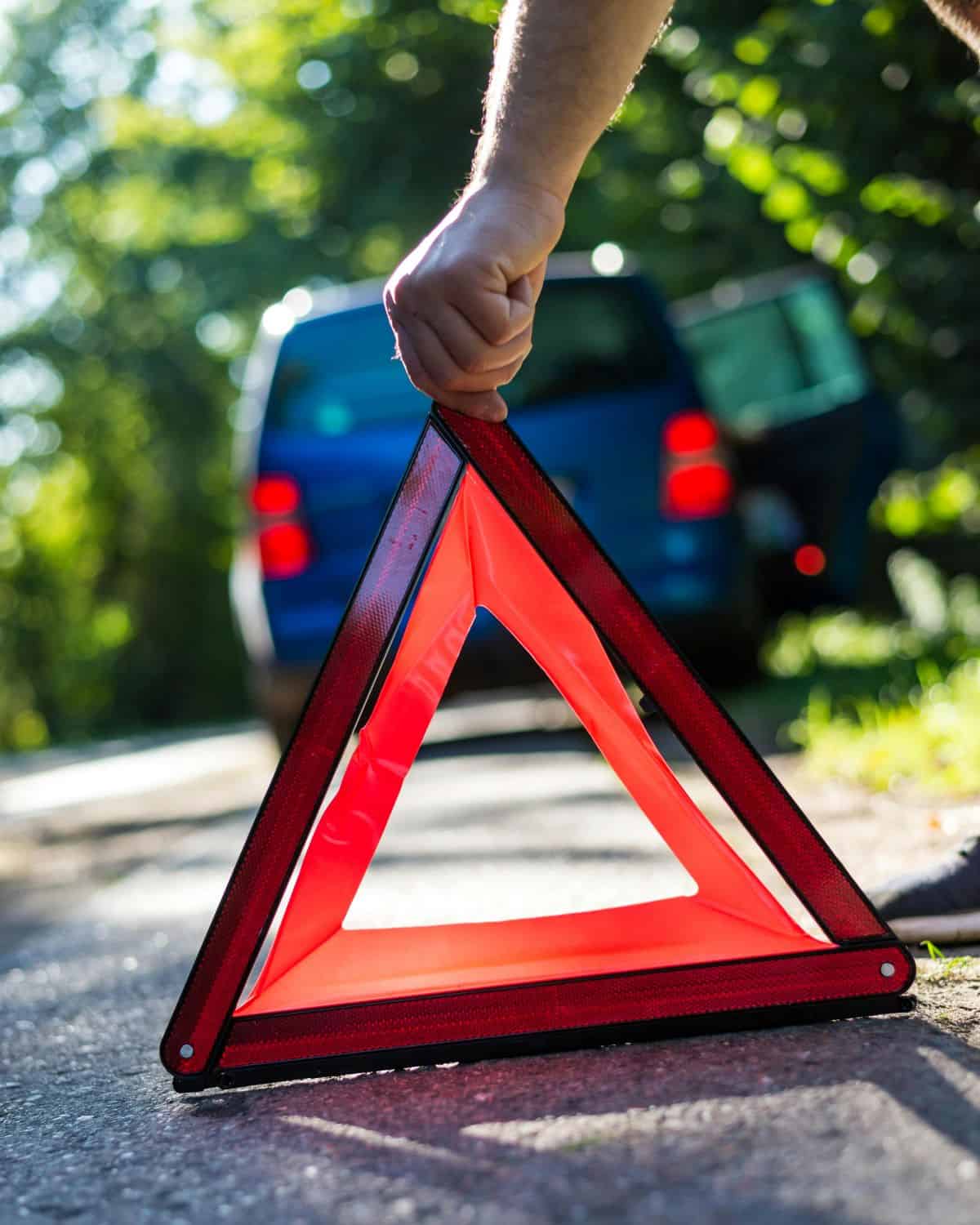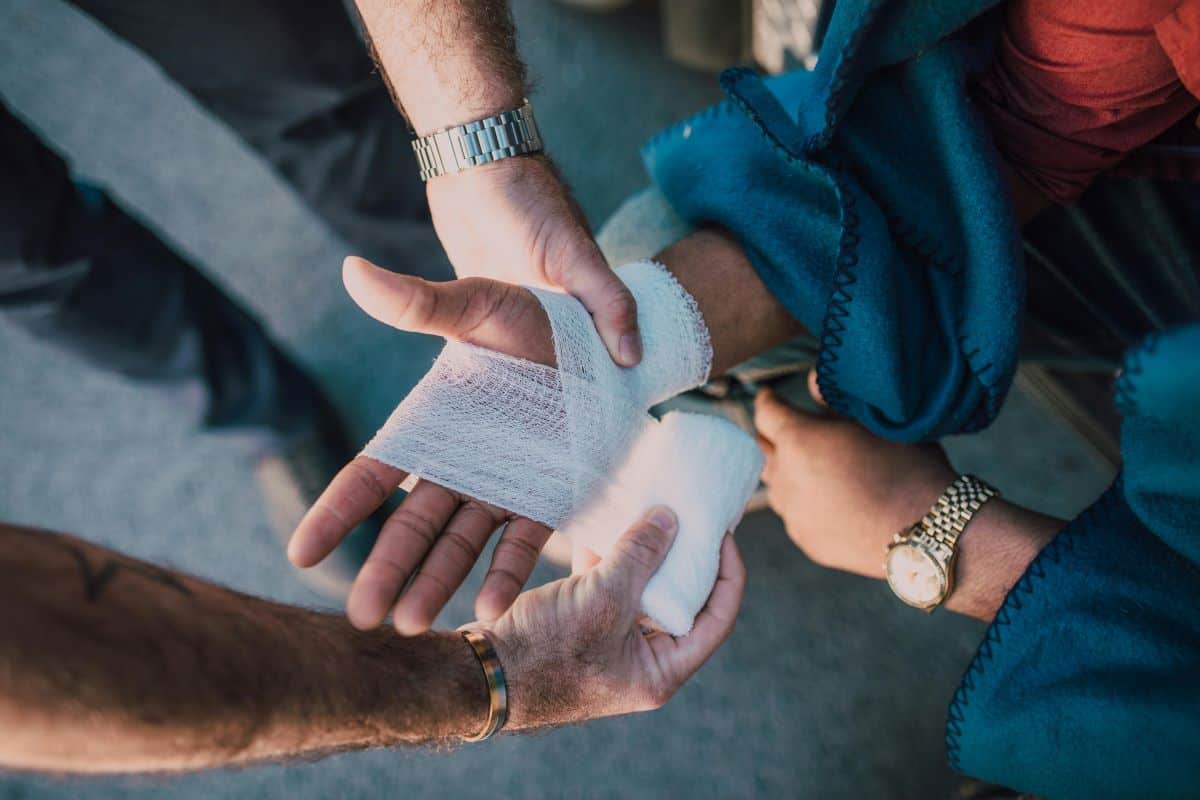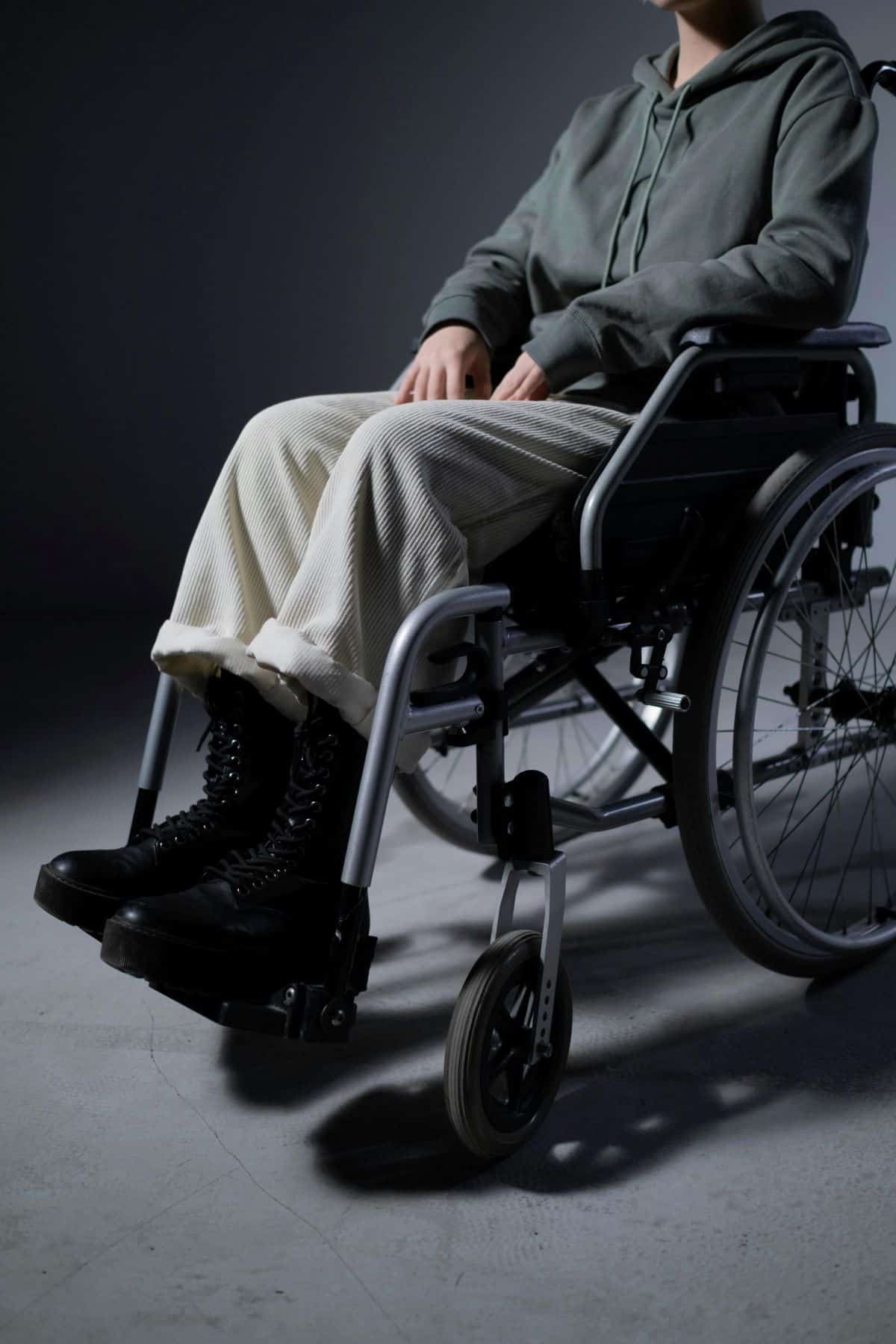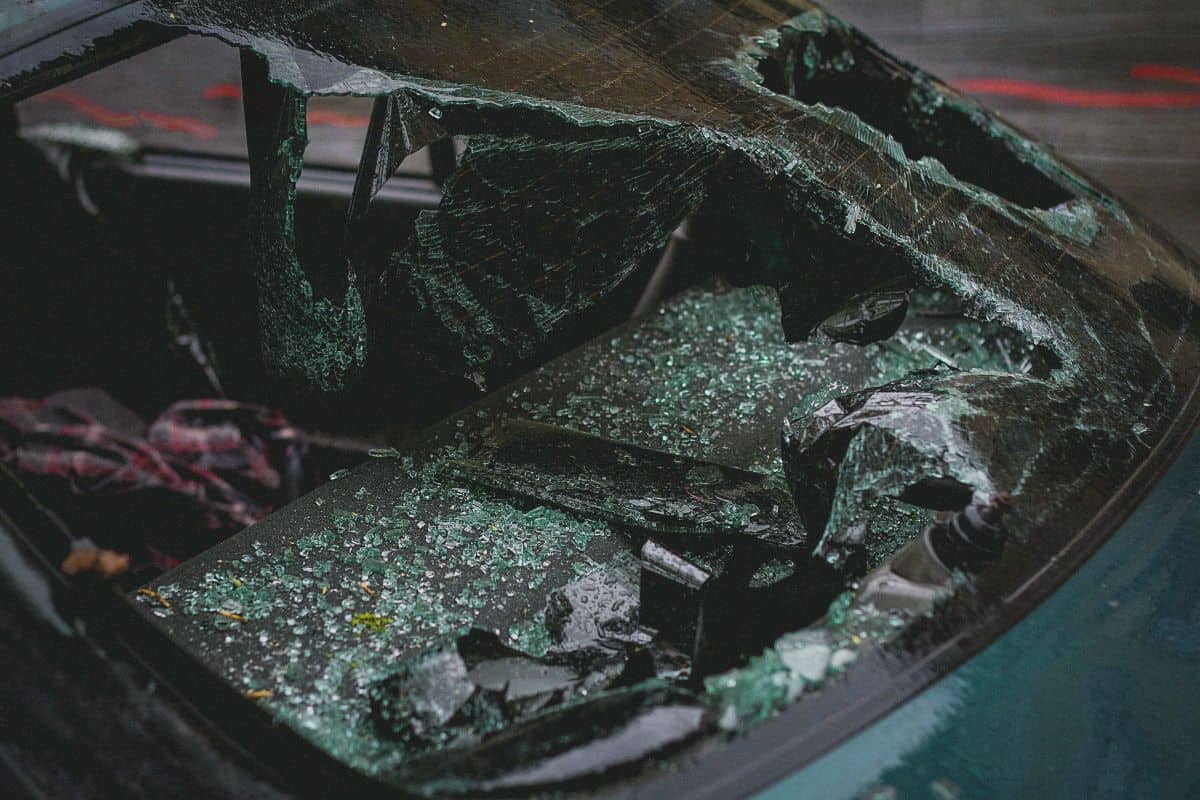Unfortunately, auto accidents happen every day. Even the safest drivers can find themselves in a vehicle wreck. Whether it’s a single-car collision or a multi-vehicle pileup, drivers will be filing for damages.
When it comes to seeking compensation, you may be able to claim both economic and non-economic damages.

A Look at Non-Economic Damages in Auto Accident Claims
While economic damages are relatively easy to calculate, it’s slightly different when dealing with non-economic damages. However, understanding the complexities of non-economic damages can be a vital part of your personal injury case.
What’s Considered a Non-Economic Damage
Things like medical bills and car repairs are great examples of economic damage. Calculating the claim amount is also fairly simple. Adding up the expenses, both paid and unpaid, lets you know the total amount you want to seek in your claim.
Non-economic damages don’t come with a set price. These types of damages are considered intangible losses. To give you a better idea of what classifies as non-economic damages, here are some that can be included in an accident claim.
Pain and Suffering
Car accidents can cause serious injuries to drivers and passengers. The pain resulting from these injuries can be significant, lasting from weeks to months. Sometimes, the pain can become a part of your life, never completely subsiding.
In cases like this, you may be able to claim pain and suffering as non-economic damage.

Emotional Distress
While injuries are not a requirement to claim emotional distress, it’s the norm. Being involved in a vehicle accident is a stressful and traumatic event; most emotional distress claims include injuries.
Along with the trauma associated with being involved in an accident, your injuries can also cause emotional distress, which can be especially true when the injuries include paralysis or permanent disfigurement.
Your emotional trauma can negatively impact every aspect of your life, and you deserve compensation.
Some of the symptoms associated with emotional distress that may apply to your claim can include:
- Anxiety
- Phobias, for example, a fear of riding in a vehicle
- Depression
- Personality changes
- Loss of cognitive function like memory loss

Your attorney may recommend making an appointment with a therapist to help provide a diagnosis and start you on a treatment program.
Diminished Quality of Life
Whether your quality of life is diminished or you’ve lost some enjoyment in life, you deserve compensation for your emotional distress. Yes, this can be considered a type of emotional distress, but diminished quality of life is typically listed as a separate claim.
A diminished quality of life claim usually refers to the loss of the ability to engage in an activity you enjoyed before the accident, which is different from other types of emotional distress like anxiety or depression.
However, loss of life enjoyment or quality can be the underlying cause for some types of emotional distress like depression and even changes in your personality. This exemplifies how complex non-economic damages can be in a personal injury claim.

Loss of Companionship
A loss of companionship claim is limited to only being applicable in the event of a fatality. Yes, the loved ones of the deceased can sue for this non-economic damage, but it may also be relevant in your personal injury case.
There are a couple of different types of loss of companionship claims. You can claim this damage if your injuries leave you unable to be intimate with your spouse. For example, your injuries resulted in paralysis. However, it also applies if you’re unable to get down on the floor and play with your children.
In simple terms, loss of companionship can apply if any relationship in your life is suffering due to your injuries. Before you start claiming loss of companionship for no longer being able to gossip with your neighbor at the community mailbox, consult with an attorney. Not every relationship in your life will qualify for compensation.
Permanent Injuries
Don’t worry! You can claim permanent injuries as both economic and non-economic damages. The medical expenses, including treatment and care, are covered by economic damages.

This can also include any modifications that may be necessary to your home to make it wheelchair accessible, including any modifications made indoors and outside.
Non-economic damages typically only apply when your injuries are permanent or result in a disability or disfigurement. Now, emotional distress may apply. However, the settlement amount for permanent injuries is usually significantly higher than for emotional distress.
If your injuries are permanent, it’s a good idea to claim the damages separately from emotional distress. This way, you’re more likely to receive full compensation.
Are Non-Economic Damages Capped
Some states have tort laws and this can limit the amount you receive for non-economic damages. However, Florida isn’t one of those states. The Sunshine State doesn’t have a cap set for non-economic damage compensation amounts—however, don’t get too excited.
Even if a jury awards a large settlement it doesn’t necessarily mean you’ll receive the full amount. Remember, individuals can only afford to pay so much, which also applies to insurance companies.
With extremely high personal injury claim awards, the cases typically go immediately to an appeals court. This means you’re waiting even longer to receive your settlement.
Sometimes, it’s best to reach an agreement everyone can live with, meaning you’re compensated for your economic and non-economic damages, and the other side can afford to pay your claim.

How to Collect Non-Economic Compensation
Hopefully, your case isn’t heading off to an appeals court. If everyone is satisfied with the judgment amount, it’s time to sit back and wait for your check.
Thankfully, most compensation checks arrive within a few weeks. No, the check isn’t automatically deposited into your bank account. There are still a couple of more steps.
The settlement check usually goes into an escrow account set up by your attorney. After paying attorney and possibly court fees, the remainder is yours. Your attorney will give you a check for the remaining settlement amount.
Talk to an Attorney About Your Non-Economic Damages
Attempting to handle the intricacies of non-economic damages independently can be overwhelming and may result in underestimating their full extent.
By scheduling a consultation with an accident attorney, you can leverage their expertise to accurately assess and pursue the comprehensive compensation you rightfully deserve.


